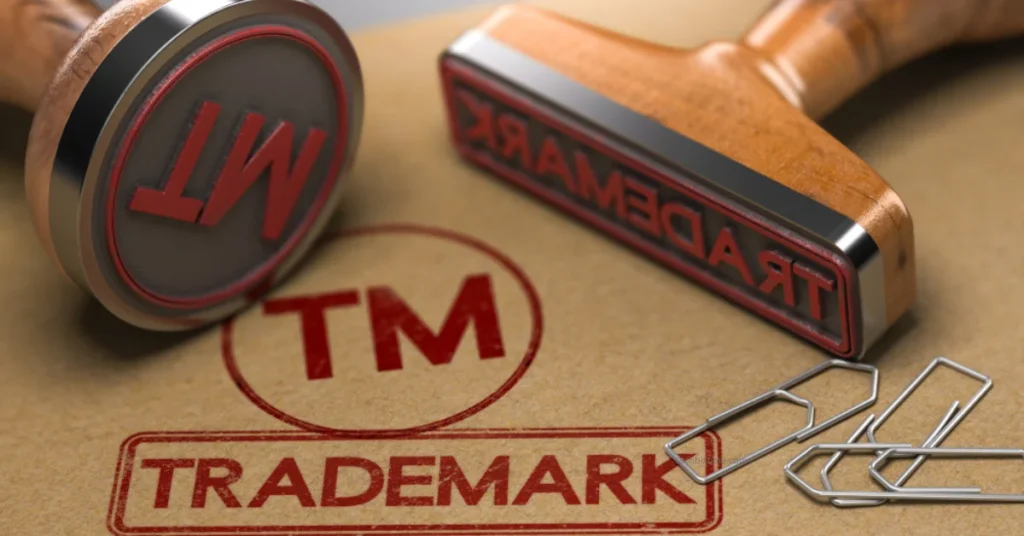Before going over the trademarks you can register in India. We need to assess what the different types of trademarks are and how they function in India.
WHAT IS A TRADEMARK?
The term trademark can be defined as any recognizable insignia phrase. It legally binds a product’s identification to its brand while recognizing the company’s ownership of the same.
WHY DOES IT NEED TO BE REGISTERED?
A trademark needs to be registered to prevent products of a similar kind from being exact replicas or being misinterpreted as one another. Trademark registration allows customers to recognize one product from another based on brand value and loyalty to the brand name or symbol that is trademarked.
TYPES OF TRADEMARKS IN INDIA
The types of trademarks that can be registered in India by The Trademarks Act of 1999, are as follows:
Words and Service Marks
These are the most commonly registered trademarks in India. They refer to any marks that are used to identify the products and services of any trading company or service-providing company. Service marks refer to the services your company is dealing in, which are filed under trademark classes 35-45.
If the name of the product or service is text-based it’ll be registered under the words and service marks in India. A leading example of the same is the word Nestle, which is trademarked under the word mark. FedEx is a renowned courier delivery service that is trademarked under the Service Mark.
Shape Marks
The shapes of goods are categorised under Trade Dress which pertains to the appearance of the product. The Coca-Cola bottle is a good example of the same. The shape of the bottle which is trademarked by the company distinguishes the product from all its other competitors in the market.
Logos and Symbols
Logos and symbols can be defined as the printed figure/design or character or painted design or figures that indicate the company’s name, service, or product’s name. They do not contain any letters, words, or numerals. For word marks that also make use of a logo, the trademark needs to be registered both as a word mark as well as a device mark. In India, the registration for both can be made in a single trademark application. The symbol for Apple is a good example of a logos and symbols trademark.
Collective Mark
The collective trademark is linked with a group of people and not a specific product or service. These trademarks are usually owned by an organization, institute, or any association. They can be utilized by members of the organization to represent them as a part of the whole.
For example, a chartered accountant is entitled to the abbreviation, CA as they are a registered member of the Institute of Chartered Accountants which has trademarked the identity.
Series Mark
Series marks are trademarks that have a common syllable, prefix, or suffix denoting the family of marks sharing a common name. For example, the prefix ‘Mc’ is trademarked by McDonald’s and used on most of its products.
Geographical Indicators
Darjeeling Tea is a GI under the Intellectual Property Rights.
Certification Mark
They’re usually awarded by a certifying body after the product has been tested to meet predetermined standards. For example, the FSSAI certification is awarded to packaged food products.
Trademarks can be owned by any individual, LLP, or organization.
